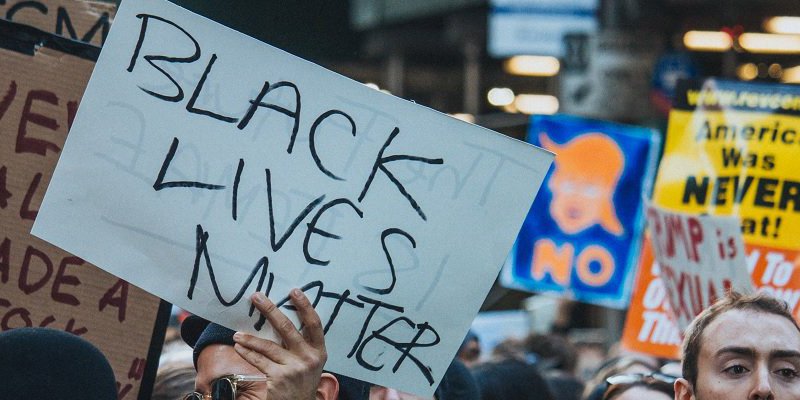-

This week’s FOIA round-up: Credibility-challenged cops, a $10,000 public records settlement, and BuzzFeed’s massive Mueller scoop
Read a great FOIA-based news story we should highlight? Let us know and maybe we can include it in our next round-up!
-

This week’s FOIA round-up: ICE uses driver license databases to target immigrants, a Navy admiral abruptly steps down amid email scandal, and activists push back against police gang databases
In this week’s FOIA round-up, records show federal law enforcement officials combine facial recognition software with drivers liscened databases to track undocumented immigrants, an admiral slated to become the next U.S. Navy chief abruptly retires after damaging emails are released, and legal rights groups raise questions about the constitutionality of gang policing.
-

This week’s FOIA round-up: Using FBI records to uncover hate crime history, medical marijuana takes a hit as cannabis becomes more legalized, and The New York Times calls for police transparency
In this week’s FOIA round-up, a photographer used Federal Bureau of Investigation records to track down the location where a man was murdered 50 years ago for a photo project on the white power movemnt, medical marijuana registry data shows a decline in the rate of medical marijuana patients, and the New York Times Editorial Board calls for a repeal of law that keeps police misconduct records secret.
-

MuckRock data shows requesters are highly interested in law enforcement records
From restrictive laws contributing to prolonged response times, and high fees stopping the release of records, the State of State Public Records Laws is on a bumpy ride. To get a better sense of what’s going on at the state and local level, we’ve been analyzing our MuckRock data and finding the trends in records requesting.
-

NYPD, told it can’t use “Glomar” denial, now claims it has no records on Millions March cell phone surveillance
The January decision in the case of Millions March NYC v. NYPD represented a decisive victory for transparency around cell site simulators and could be an example to agencies across the country, but transparency and privacy advocates remain concerned about StingRays.
-

MuckRock request data shows big difference in backlogs between states
In order to get a better sense of what’s truly going on with public records laws, we decided to take a look at data from over 2,600 agencies in MuckRock’s API. The numbers show the staggering differences in state and local average response times as well as the number of requests filed and completed in those states.
-

New York court green-lights release of NYPD body-worn camera footage
A New York state appellate court made a landmark ruling this week, which allows the release of body-worn camera footage for one of the country’s largest police departments.
-

This week’s FOIA round-up: The Shutdown’s impact on immigration court, records show environmental agency pushed for prosecution of No More Deaths activists, and the NYPD holds on to protest photos
For this week’s FOIA round-up, a new report shows over 40,000 immigration hearings have been cancelled due to the government shutdown, U.S. Fish and Wildlife Service pushed to have activists providing migrants with water prosecuted on environmental grounds, and recently released photos reveal that the New York Police Department might be in violation of its guidelines on protest surveillance.
-

New York court rules NYPD can’t use Glomar to keep surveillance records secret
Secretive federal agencies such as the Central Intelligence Agency and the Federal Bureau of Investigation are notorious for refusing to confirm or deny the existence of their records. The issue becomes trickier when local law enforcement agencies, tasked with serving their communities, reply to public records requests in similar fashion. The New York Police Department has used the infamous “Glomar response” in the past to keep records secret, but this week a New York court ruled that the NYPD can’t use it this time.
-

The FBI interviewed Roger Ailes in connection to the Reagan shooting
The Federal Bureau of Investigation has made an initial release of its files on television executive Roger Ailes. Consisting largely of glowing background checks for a potential Presidential appointment under Richard Nixon, two interesting details have emerged from the file - the first is a 1974 arrest for felony firearms possession and the second is a brief interview documenting the minor role Ailes played in the FBI’s investigation into John Hinckley, Jr. following the attempted assassination of Ronald Reagan.